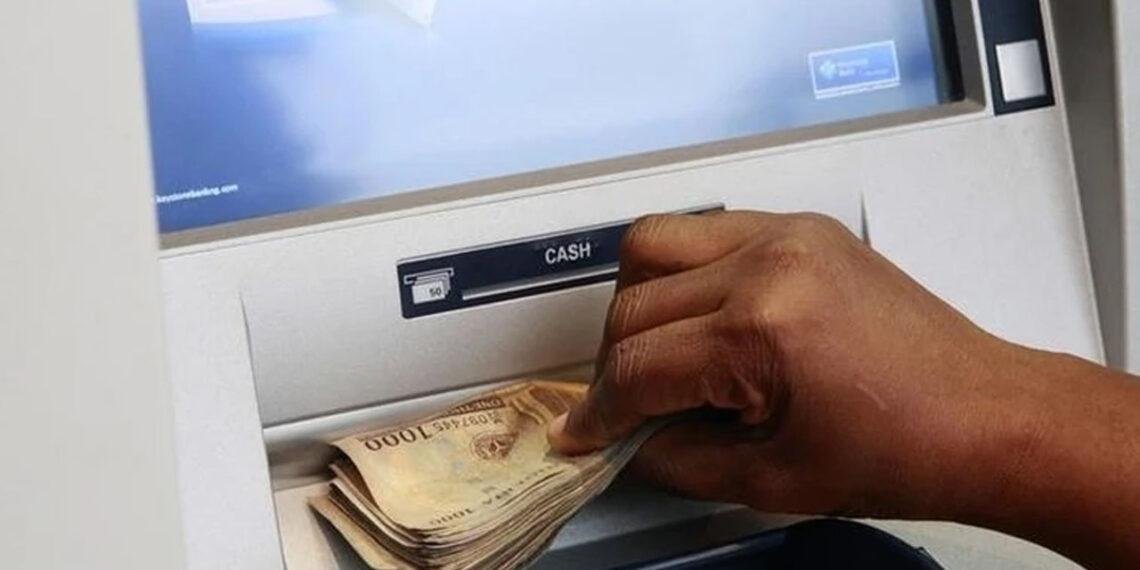The Central Bank of Nigeria (CBN) has rolled out a new policy set to shake up ATM transaction fees nationwide, with the updated charges taking effect from March 1, 2025. This move, announced in a circular signed by John Onojah, Acting Director of the Financial Policy and Regulation Department, is aimed at addressing rising operational costs in the banking sector while encouraging the deployment of more ATMs across the country.
Under the new policy, customers will pay N100 per N20,000 withdrawn at both on-site and off-site ATMs. However, off-site ATMs—those located outside bank premises, such as in malls or airports—will attract an additional surcharge of up to N450, payable to the ATM deployer or acquirer. Meanwhile, on-us transactions, where customers withdraw from their own bank’s ATMs, will remain free of charge, maintaining the current policy.
For international withdrawals, banks have been granted the authority to apply a “cost-recovery charge”, which will reflect the fees imposed by international acquirers. This means Nigerian cardholders using ATMs abroad could face higher withdrawal costs, depending on the charges set by foreign banks.
One of the biggest changes is the elimination of the three free monthly withdrawals previously available for customers using other banks’ ATMs—a move that will force more Nigerians to rethink their cash withdrawal habits. The CBN justifies this decision by stating that it aligns with efforts to balance banking operational costs while ensuring a more efficient service for consumers.
Public Backlash and Industry Reactions
The announcement has sparked outrage among Nigerians, with many taking to social media to criticize what they see as an additional financial burden on consumers already grappling with economic hardship. On X (formerly Twitter), frustrated users lamented the move, with one viral post reading: “CBN is punishing us for withdrawing our own money. First, cash scarcity, now excessive ATM charges!”
However, some banking experts argue that the move could accelerate Nigeria’s transition to a cashless economy, pushing more users towards digital banking solutions. Some also believe that the new policy incentivizes banks to expand ATM infrastructure, reducing long queues and ensuring better service delivery.
Read also: CBN: Navigating the process for monetary stability
This is not the first time the CBN has adjusted withdrawal charges. In 2019, the regulator reduced ATM withdrawal fees from N65 to N35 after the third withdrawal within a month, as part of efforts to promote financial inclusion. The latest policy reverses that trend, signaling a shift towards a cost-reflective banking model in response to economic pressures.
With the March 1 deadline approaching, banks are expected to fully implement the new charges, and the CBN has directed financial institutions to clearly communicate these changes to their customers. To soften the impact, many banks will likely ramp up digital banking campaigns, encouraging customers to embrace cashless transactions as an alternative to frequent ATM withdrawals.






